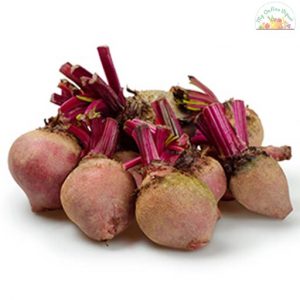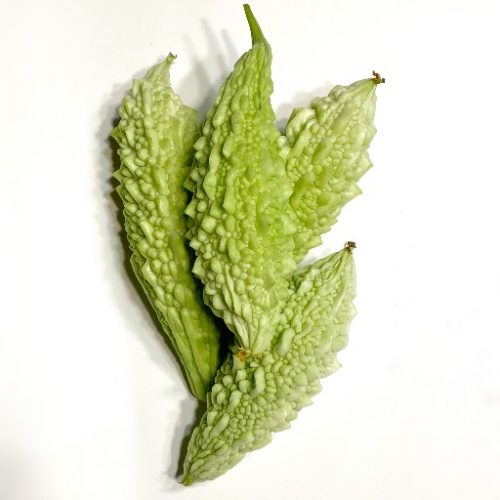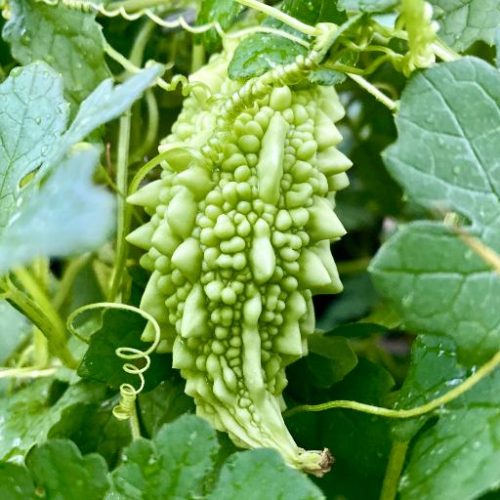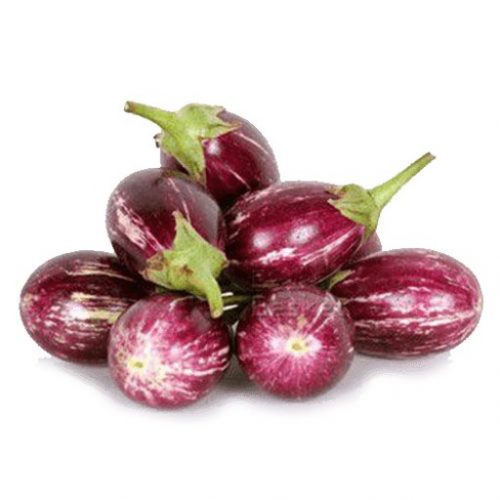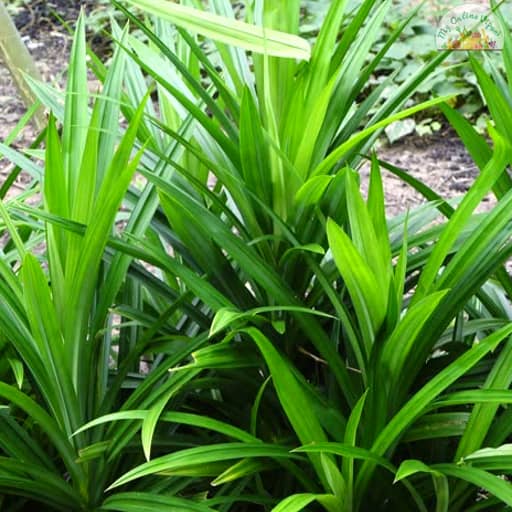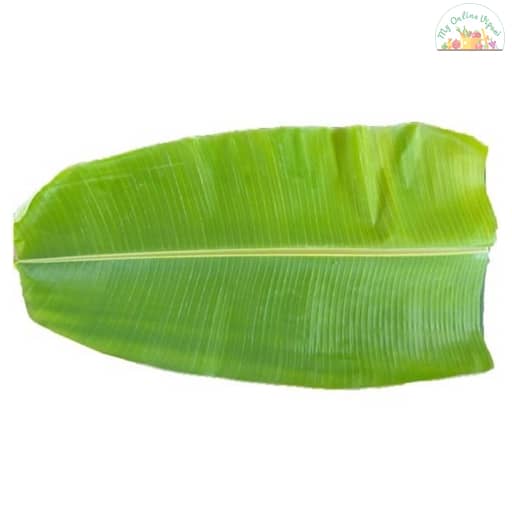Description
Health benefits of winged beans
- Tender, immature pods of winged beans are one of the very low-calorie vegetables; 100 g beans carry just 49 calories. Mature winged bean seeds, however, has 409 calories per 100 g and compose relatively high protein content equivalent to that of soybean protein.
- Fresh, young bean pods are one of the finest sources of folates. 100 g beans provide 66 µg or 16.5% of daily requirement of folates. Folate, along with vitamin B-12, is one of the essential components of DNA synthesis and cell division. Adequate folate in the diet around conception and during pregnancy may help prevent neural-tube defects in the newborn baby.
- Fresh winged beans contain quite a good amount of vitamin-C. 100 g beans provide 18.3 mg, or 31% of vitamin-C. Vitamin-C is a powerful water-soluble antioxidant, and when adequately provided in the diet, it helps build immunity against infections, maintain blood vessel elasticity, and offer some protection against cancers.
- Also, winged beans provide adequate amounts of minerals, and vitamins. Some of the essential minerals such as iron, copper, manganese, calcium, phosphorus, magnesium are concentrated in them. Manganese is utilized in the human body as a co-factor for the powerful antioxidant enzyme, superoxide dismutase.
- Thiamin, pyridoxine (vitamin B-6), niacin, and riboflavin are some of the B-complex vitamins embedded in these beans.
- Winged bean leaves, used as greens, are an excellent source of fiber, vitamin-C, vitamin-A, and minerals. 100 g of fresh leaves provide 45 mg of vitamin-C (75% of recommended daily value) and 8090 IU of vitamin-A (270 % of RDA).
- Wnged bean tubers are notably rich sources of starch, protein, and B-complex vitamins. 100 g of root provides 11.6 g of protein in comparison to 2.02 g/100 g and 1.36 g/100 g protein content in potato, and cassava respectively.

